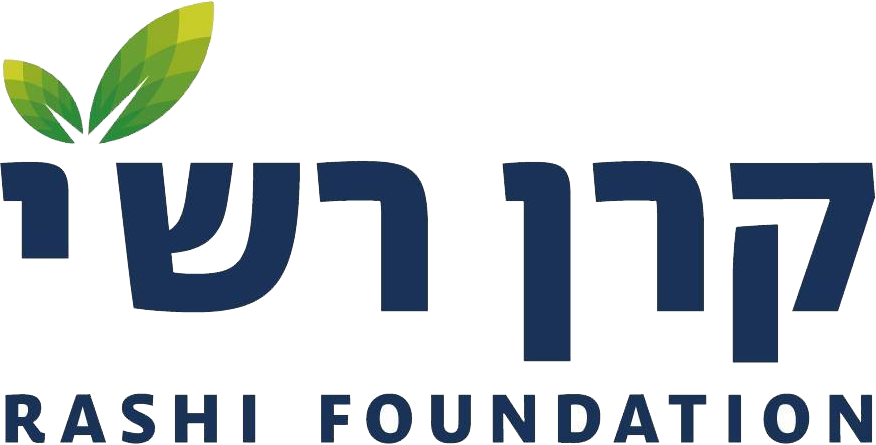As foundations that invest in social initiatives, there is a crucial question we must ask: Did it make a real difference? We need courage to examine not only the scale of our program or the number of people it reached, but what has actually changed in their lives. We need to ask how change is created, for whom, to what extent — and what remains after our exit. And we must be willing to admit when something doesn’t work, and shift resources toward what does.
The Rashi Foundation’s impact report presents a conceptual, evidence-based framework for mapping long-term social change, in order to guide the effort towards what truly moves the needle.
This approach uses measurement and evaluation, case studies and insights from the field to enable precise decision-making, smart resource allocation and scaling of effective intervention. It challenges us to look at the entire field, not just a single program, and see what has changed in a meaningful way among children, youth, young adults, families and communities.
What are we measuring and why does it matter?
Useful measurement doesn’t stop at inputs or outputs, or even at outcomes for the target population. It examines community-wide, regional and even national impact, including changes in policy, practices and public discourse. This is a multi-dimensional scale that places the initiative within its broader context and requires us to ask a whole set of questions: How were the resources invested? Did the activity proceed as planned? Did it achieve the expected results? Was there any change at the local community level? And did the local change spread to a system-wide or nationwide level?
So how do we create impact?
Real impact is made when we succeed in widening the ripple effect of a project, from the individual, through the community, to national policy. Here are some of the tools that can help:
- Cross-sector partner networks — combining the strengths and resources of government ministries, municipalities, businesses and civil society organizations.
- Cultivation of change agents — people who are connected to our mission and values, and continue “spreading the word” beyond the intervention period.
- Ongoing learning and adjustment — flexibility, course correction, and continuous improvement.
- Social entrepreneurship — developing solutions to emerging needs, testing them in pilot programs, and ensuring their sustainability.
Harnessing the power of leverage through partnerships
Major social change is always the result of a joint effort. Each partner brings a unique value: municipalities have direct access to people and infrastructure; the government controls regulatory systems; businesses contribute performance standards, technology and networks; field organizations inspire community trust and engagement. Our added value lies in the ability to connect, facilitate agreements and remove barriers, resulting in fewer duplications, better coordination, and data-based decisions.
Rashi’s impact report represents a commitment to continuous learning, partnership and pooling of resources, based on shared goals, a defined role for each partner, and work processes that turn intentions into outcomes.












